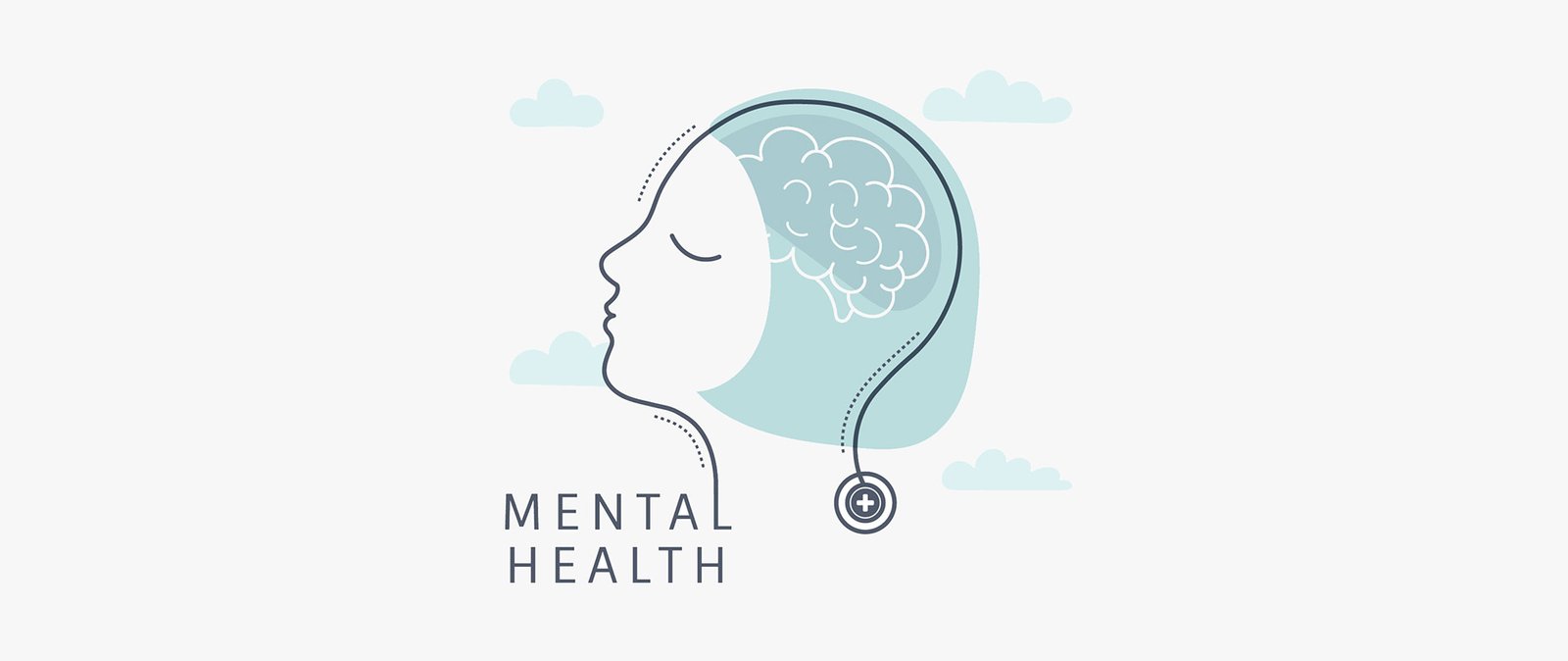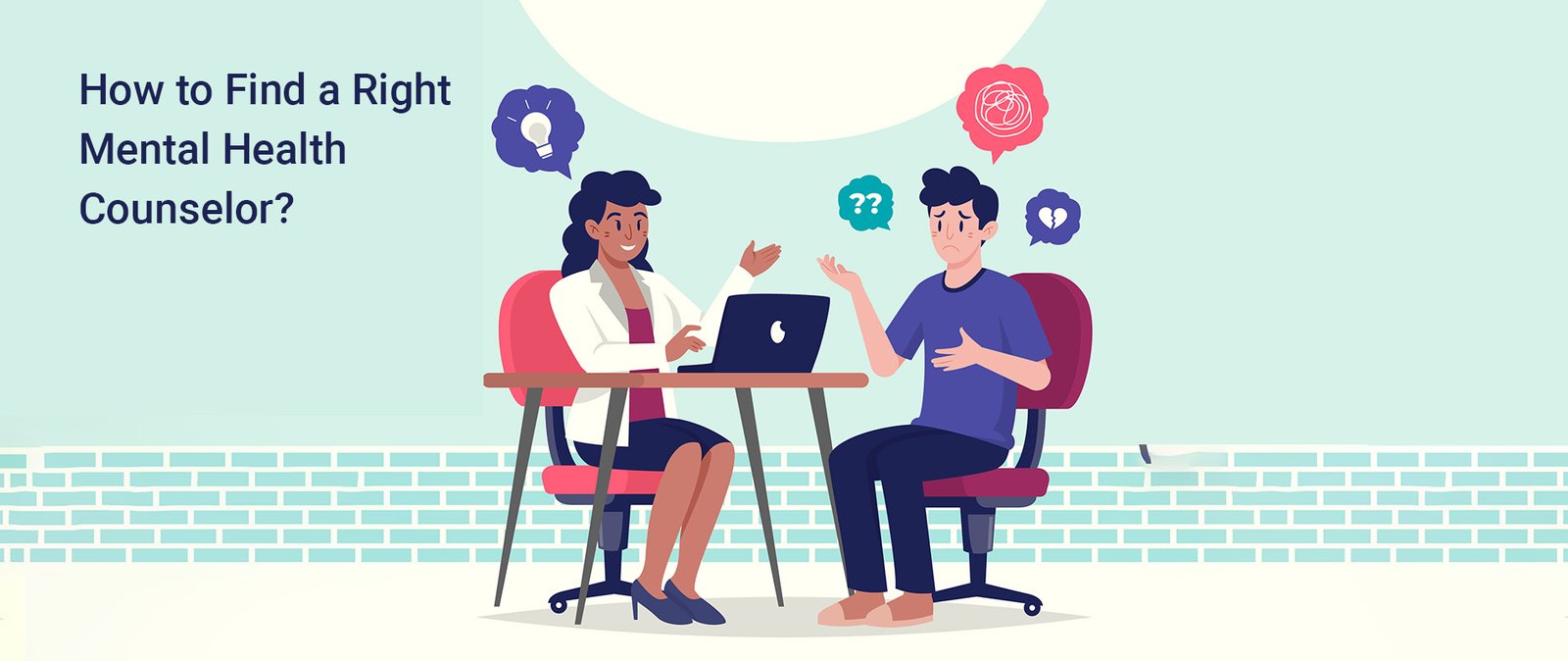Reports from around the world suggest that we are also witnessing a mental ill-health pandemic due to COVID 19 lockdowns and restrictions on our day to day life, work and leisure. This is the case in India as well. In this context everybody talks about looking after our mental health and in order to do this we need to understand the difference between mental health and mental illness. The term ‘mental health’ is often used to mean mental illness. In my experience of working with psychology, medical and nursing students, and mental health professionals, when they talk about mental health, they often mean mental illness, and many people talk as if mental health and mental illness are one and the same. The World Health Organisation states that there is No health without mental health and gives mental health great importance in promoting our health and wellbeing.
Mental illness makes about 15% of the total disease conditions around the world. About 450 million people are affected by mental illness and behaviour disorders globally; and in the western world about 1 in 4 people experience mental illness some time during their life time. In India about 1 in 7 people experience mental illness some time during their life time. The complexity and lack understanding of mental health and mental illness poses a major problem for people from all sections of the society in Low Middle Income Countries (LMIC) like India. The National Mental Health Survey of India 2017 (http://indianmhs.nimhans.ac.in/Docs/Report2.pdf) state that over 11% of people above 18 years of age are suffering with a mental health problem necessitating active interventions. This Survey states that if this is translated to real numbers nearly 150 million Indians are in need active interventions for mental health problems. And yet, it is surprising to note that we do not give much importance to our own mental health and majority of people in India have very little understanding of how to look after own mental health, let alone mental illness.
So, what is mental health?
Mental health actually means our ability to create self-awareness, positive thinking, our ability to recognise stress and strain in our daily lives, and our ability to manage it well. In everyday life many people talk about coping with the stress and strain. But creating or developing good mental health is more than just coping. Good mental health is about effective and good management of our positive and negative thoughts, emotions and our actions or behaviour. The World Health Organisation (WHO) states that mental health is central to human development, and that positive mental health is linked to a range of development outcomes which include better health status, higher educational achievement, enhanced productivity, and earnings, improved interpersonal relationships, better parenting, closer social connections and improved quality of life. The WHO argue that positive mental health is also fundamental to coping with adversity and to create resilience for health and wellbeing. On the other hand, poor mental health impedes an individual’s capacity to realise their potential, work productively, and to contribute to their family, community and society.
Why is mental health important? Good mental health helps us to overcome and manage stress, anxiety, our anger and aggression, our sadness and feeling of depression and a whole lot of negative thinking and emotions that affect our everyday life. Good mental health helps us to create that inner strength and capacity in ourselves to create that self-awareness, understanding and developing our abilities to withstand the stress and stress and all the negativity that affects us, not just in our personal lives, but in our family, work and social life as well.
Mental health and mental illness are frequently being used in our everyday conversations and life as if they mean the same thing. Actually, they do NOT mean the same thing. I would like to emphasise that everyone has mental health the same way as everyone has health. In the course of our life time not all of us will experience mental illness, but all of us will struggle at some point or at many times in our lives with the stress and strain, sadness and anxiety and other the events happening around us which challenges for our mental wellbeing. This is just like the challenges on our physical health and wellbeing. So, when we talk about our mental health, we are talking about our mental wellbeing: our emotions, our thoughts and our feelings, our ability to solve problems happening in our everyday life. Mental wellbeing also means how we overcome difficulties, how we deal with our social connections and our understanding of the family, friends and the world around us. People from all sections of the society including people from rural and urban communities, and people minority communities such as transgender or LGBQ have the ability to create this mental wellbeing.
So what is What is mental illness?
Mental illness, on the other hand, is an illness or condition that affects the way we think, how we feel and interact with others which includes our family, friends, social networks and others in our environment including our colleagues and mates in our work environment.
The WHO highlights that people with mental illness are subjected to high levels of stigma and discrimination, due to widely held misconceptions about the causes and nature of mental health conditions. Due the lack of awareness and understanding of the needs of people with mental illness, they experience severe obstacles and abuses in their life.
This include: (1) high levels of physical and sexual abuse, which occurs in hospitals and prisons; (2) their political and civil rights are restricted due the assumption that people with mental health conditions are not bale to carry out their responsibilities, manage their own affairs and make decisions about their lives; (3) due the lack of understanding of mental illness, they are not able to participate fully in their communities; (4) inability to access the right kind of help and treatment not just for their mental illness, but also for their general health problems or conditions; and (5) lack of access to emergency services if it is required at any time in their life.
Children and young people with mental illness experience barriers in education and learning as they may be excluded from mainstream educational institutions. They are also marginalised from main stream society and as result may not be able to achieve their wishes and aspirations, and employment opportunities are not available, or even if thy are able to undertake employment, the employers are not willing to make reasonable adjustments to accommodate people with mental illness.
What weneed to understand is that HEALTH is not like an on/ off switch like our mobile phone or Television. We need to think about our health in different degrees or different layers. People move on a continuum or on a band ranging from great or good health to average health (like what we say .. I am okay. but not too good at the moment), to poor health, illness and disability. Some people have good health and they have no health problems in going about or leading their day to day life. Some people experience serious health problems, and their poor health has a very negative impact on their life (such as somebody with asthma, heart problems affecting their everyday life and movements). Some people have serious health problems that last for a long time (such as diabetes, cancer or thyroid problems). Many others have serious health problems that resolve very quickly with appropriate treatment and help and support from their spouse and family.
Many of us fall in the middle of this continuum, in general good health, though occasional problems may come up. Our mental health can be affected exactly like this. Just as someone who feels unwell may not have serious illness, many of us may experience poor mental health, without any form of mental illness. We all have days when we feel a bit down, stressed out, we are not interested in what is happening around us or feel very overwhelmed by something that is happening in our lives. Or we may experience serious emotional problems include anxiety, sadness, depression, fatigue, feeling tense, disinterest in regular activities, suicidal thoughts, hallucinations, or delusions. An important aspect of good mental health is our ability to reflect and look at our problems or concerns, being aware of it, understanding it and doing something about it to overcome this difficulty.
So good mental health is not about feeling happy and confident 100% at all times and ignoring all the problems and difficulties in our daily lives. It is about living well and having the ability to manage these problems and difficulties. Just as it is possible to have poor mental health, and no mental illness, it is entirely possible to have good mental health even with a diagnosis of mental illness. This is because mental illness (such as anxiety or depression) like other health problems often come and go (it may only be an episode) like there are times of ill-health, and there are times of better or good health.
Culture and mental health
One more important thing to notice is that our culture, upbringing, societal norms, religious beliefs affect the way we seek help and support for our health issues and this is more so with seeking help and support for mental illness. Our culture shapes the way we think and it plays a major influence on how we think about mental health and mental illness. India is a country with rich and diverse culture, traditions, belief and faiths. With the right support, care and awareness, anyone can live well, with or without mental illness. That’s why it is important to have mental health awareness to support oneself and those around us. Anybody can experience mental health problems and mental illness. Mental health awareness and talking about mental health helps us to share our experiences of dealing with these difficulties or illness. It helps to educate and create that awareness of what mental illness really is. and helping those with mental illness know that they are not alone and help them with the right kind of help and support to lead a good life.
According to the Mental Health Survey of India 2017, nearly 150 million people in India are in need of mental health interventions and care, for children, adults and older people from both genders and also from marginalised transgender and LGBQ communities in urban and rural populations. The Survey stress about the lack of emergency or urgent care for people with mental illness. The Survey highlights the huge burden of mental, behavioural and substance use disorders, in India, and calls for immediate attention of political leaders, policy makers, health professionals, opinion-makers and society at large. Most significantly, mental health should be given higher priority in the developmental agenda of India. All policies and programmes in health and all related sectors of welfare, education, employment and other programmes need to include and integrate mental health in their respective policies, plans and programmes. Just like public health services, it is about time that we think about public mental health services in emerging economic nations such as India, which will help to create better understanding of the need for promoting the mental health of the wider population, and at the same time to eradicate the misunderstanding, stigma and marginalisation of people with mental illness.









